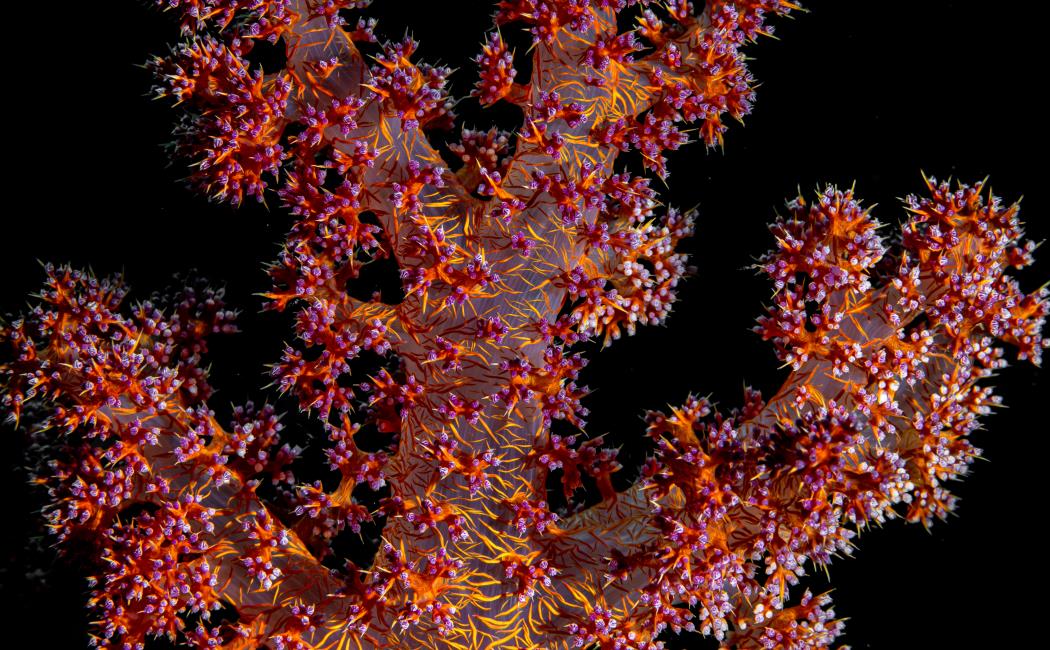


Beneficial Microorganisms for Corals (BMC) can ameliorate environmental stress, but have never been explored in the Red Sea, a potential source of tough coral probiotics. The molecular mechanisms underlying these symbiotic interactions will be investigated and manipulated to improve the coral holobiont’s health and growth, ultimately increasing their resilience against bleaching events and contributing to restoration efforts.
Our first sampling cruise, as part of an effort led by our close collaborator, prof. Francesca Benzoni took place in the month of October, 2020, and it was also the first post-covid research expedition at KAUST. During the cruise, we were able to collect two well-defined hard corals, Coscinaraea monile and Galaxea fascicularis – commonly found in shallow waters of the Red Sea – from Thuwal to Yanbu, in the central region of the Red Sea, Saudi Arabia. The microbial communities present in these two coral species will be assessed in order to unravel patterns of diversity, abundance and distribution according to the coral species, location, and depth. The outcomes of this research will contribute to increase our knowledge about the Red Sea coral-associated microbiomes and identify potential beneficial bacterial groups that can be further investigated as coral health promoters (probiotics).